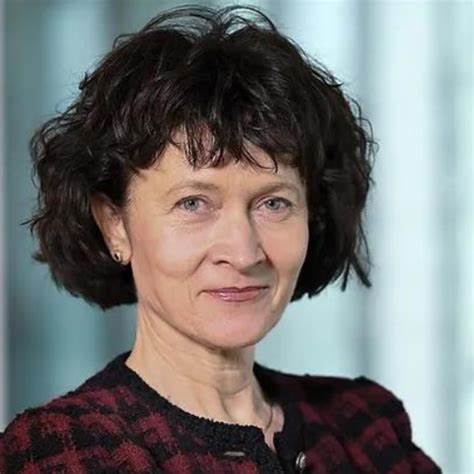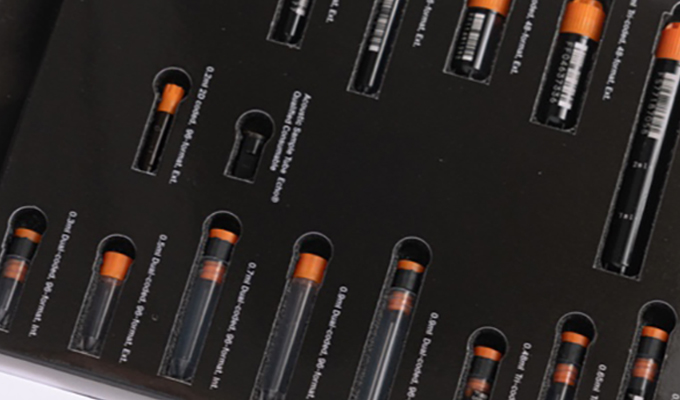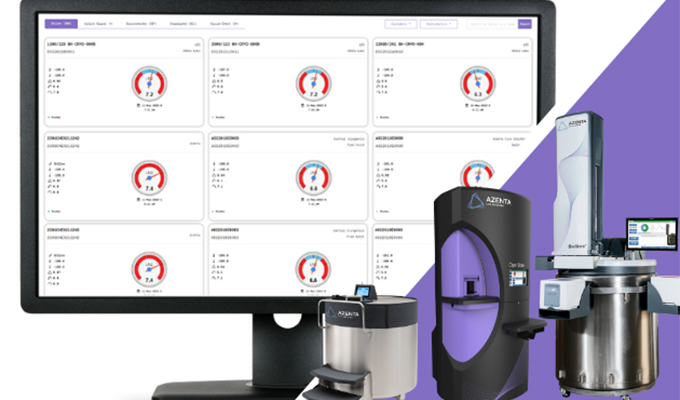Part 4 of our Bridging the Gap Series (Summary of the webinar session held in March 2024)
In the rapidly evolving landscape of cell and gene therapy, stakeholders from across the industry are coming together to envision the future of these groundbreaking treatments. Recently, a panel of experts engaged in a thought-provoking discussion as part of the Bridging the Gap Webinar Series, shedding light on key challenges, opportunities, and trends shaping the field.
The guest speaker for the March webinar, Dorothea Ledergerber, PhD, Chief Technical Officer at Tigen Pharma, shared her experience during the build-up and operational launch of the first commercial cell and gene manufacturing facility for Novartis in Europe.
The panel discussion centered on various aspects of cell and gene therapy, ranging from manufacturing strategies to regulatory considerations and the role of women in science. Participants shared their insights and experiences, offering valuable perspectives on the current state and future direction of the industry.
Key Topics in Cell and Gene Therapy Manufacturing
Insights from the panel discussion included thoughts on the following key topics:
Decentralized Manufacturing
One of the predominant themes of the conversation was the potential for decentralized manufacturing models to revolutionize the production and distribution of cell therapies. Participants discussed the concept of hub-based manufacturing, where hospitals could obtain licenses to manufacture therapies locally, leading to faster turnaround times and increased patient access.
Technological Advancements
The panelists highlighted the transformative impact of technological advancements on cell and gene therapy, emphasizing the need for streamlined processes and rapid manufacturing capabilities. They discussed the challenges of keeping pace with evolving technologies while ensuring safety, quality control, and regulatory compliance.
Regulatory Challenges
Regulatory considerations emerged as a significant area of discussion, particularly concerning point-of-care manufacturing and cleanroom requirements. Participants explored the delicate balance between regulatory oversight and fostering innovation, advocating for risk-based approaches to assess manufacturing standards and promote accessibility without compromising safety.
Combatting Illegitimate Clinics
Tom Whitehead, co-founder of the Emily Whitehead Foundation, shared insights into the challenges of combating illegitimate stem cell clinics. He highlighted the importance of vigilance and proactive measures to protect patients from fraudulent practices while supporting legitimate research efforts. (Read more on this topic).
Women in Science
Dr. Ledergerber also reflected on her journey as a woman in science and emphasized the importance of mentorship, collaboration, and creating opportunities for the next generation of female scientists. The conversation underscored the progress made in promoting diversity and inclusion in STEM fields while acknowledging ongoing challenges and the need for continued advocacy.
A Deeper Look at the Potential of Decentralized Manufacturing
Throughout the conversation, the concept of decentralized manufacturing emerged as a focal point for transforming the landscape of cell and gene therapy. Panelists discussed the potential benefits of decentralization, including faster turnaround times, increased patient access, and reduced costs.
Panelist Patrick Hanley, PhD, Director of the Cellular Therapy Program at Children’s National Hospital, said he envisioned a hub-based model where hospitals could obtain licenses to manufacture therapies locally. “This approach would enable rapid manufacturing and distribution, with therapies delivered to patients within five days, significantly enhancing patient outcomes,” he said.
Dr. Ledergerber shared a vision for the future of cell therapy manufacturing that centers around the transformative potential of decentralization in improving patient access.
“I believe we need to aim at getting cell therapy manufacturing out of clean rooms and into decentralized environments. By being ambitious and embracing new paradigms, we can revolutionize accessibility and drive innovation in the industry”
The discussion delved into the logistical and regulatory challenges associated with implementing decentralized manufacturing models. Panelists acknowledged the need for robust quality control measures and regulatory oversight to ensure the safety and efficacy of therapies manufactured at decentralized facilities. Additionally, considerations were raised regarding the comparability of therapies produced at different sites and the importance of standardization to maintain consistency and quality across manufacturing processes.
As the conversation progressed, participants highlighted the role of technology in enabling decentralized manufacturing. Advanced automation and digital solutions were identified as key enablers for streamlining processes and ensuring compliance with regulatory requirements. However, panelists also emphasized the importance of workforce education and training to support the adoption of new technologies and ensure the integrity of manufacturing operations.
Overall, the discussion underscored the transformative potential of decentralized manufacturing in accelerating the development and delivery of cell and gene therapies. By decentralizing production and distribution processes, stakeholders aim to overcome logistical barriers, expand patient access, and drive down costs.
Summary
With insights from industry experts and thought leaders, this conversation serves as a testament to the passion, dedication, and innovation driving the cell and gene therapy revolution. As we embark on this journey together, let’s harness the power of collaboration, innovation, and inclusivity to shape a future where cutting-edge therapies are accessible to all who need them.
Register to watch the webinar recording and attend future webinars, held on the first Friday of each month.
Explore more in the Bridging the Gap Series
About the Guest
Dr. Dorothea Ledergerber

Dorothea Ledergerber, PhD, Chief Technical Offers at Tigen Pharma, is a pharmacist with more than 20 years of experience in research, development, manufacturing, and supply of pharmaceutical products. She received her PhD from the University of the Saarland, Saarbrücken, Germany.
While with Novartis, she led manufacturing sites in Switzerland, Germany and Ireland. A highlight in her career was the build-up and operational launch of the first commercial Cell & Gene manufacturing facility for Novartis in Europe.
In 2020, Dorothea moved on to Tigen Pharma, a Swiss biotech company in cell therapies to cure cancer. Tigen is a disruptive catalyst, combining a unique culture with a multidisciplinary set of clinical and technical capabilities and a long-term perspective to benefit patients and society. Dorothea is a firm believer in cross-cultural and -functional teams going beyond the beaten industry track.










